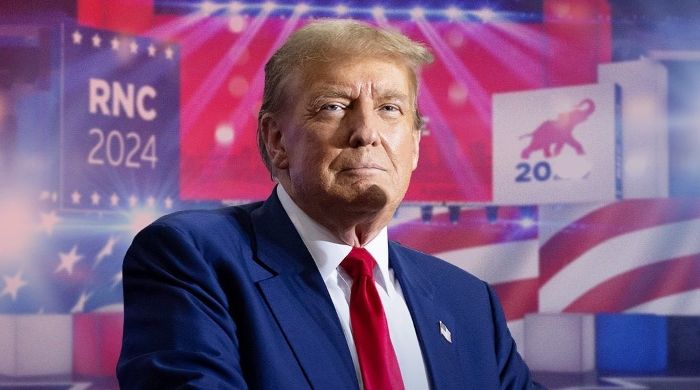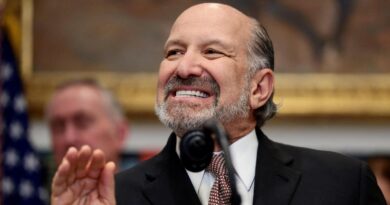Trump Slaps 100% Tariffs on Patented Drugs: Indian Pharma Sector Braces for Ripple Effects Despite Generics Buffer
The Nifty Pharma index plunged 2.14% Friday, with Sun Pharma down 4%, Cipla 5%, and Dr. Reddy’s 7%, as investors fretted over escalation. Companies deriving 30-50% revenue from America, including Aurobindo and Zydus, face the sharpest scrutiny.
Washington/New Delhi, September 26, 2025 – In a bold escalation of his “America First” trade agenda, US President Donald Trump announced sweeping tariffs on Friday, including a steep 100% levy on branded and patented pharmaceutical imports effective October 1. The move, aimed at luring global drugmakers to build factories on American soil, spares India’s dominant generics trade but has sparked jitters in Mumbai’s pharmaceutical hubs, with shares tumbling amid fears of broader fallout.
Trump’s directive, posted on Truth Social, targets “any branded or patented Pharmaceutical Product” unless the exporting company is actively constructing a US manufacturing facility—defined as “breaking ground” or “under construction.” Exemptions kick in for such builds, but the policy doubles down on Trump’s earlier threats of duties up to 250% to shield domestic production. Alongside pharma, he unveiled a 50% tariff on kitchen cabinets and bathroom vanities, a 30% on upholstered furniture, and 25% on heavy trucks, all justified under Section 232 of the 1962 Trade Expansion Act as vital for “national security” against import “flooding.”
For India, the world’s pharmacy supplying over 40% of US generics and saving American healthcare $219 billion annually in 2022, the immediate sting is muted. New Delhi exported $3.6 billion in drugs to the US last year, plus $3.7 billion in the first half of 2025, per the Pharmaceutical Export Promotion Council. Patented drugs—a niche where Indian firms like Sun Pharma and Dr. Reddy’s are ramping up via the 2021 Production-Linked Incentive (PLI) scheme—form a sliver of this pie. The Rs 15,000 crore PLI push covers biopharma, complex generics, and off-patent innovations, but experts say the tariffs could crimp ambitions in high-value segments like oncology and autoimmune therapies.
“While generics dodge the bullet for now, the uncertainty could chill investments in specialty drugs,” noted an analyst at Kotak Institutional Equities. Indian majors already boast US plants—Sun Pharma operates five, Lupin three—potentially softening blows for their branded lines. Yet, stocks weren’t spared: The Nifty Pharma index plunged 2.14% Friday, with Sun Pharma down 4%, Cipla 5%, and Dr. Reddy’s 7%, as investors fretted over escalation. Companies deriving 30-50% revenue from America, including Aurobindo and Zydus, face the sharpest scrutiny.
The tariffs ride on Section 232 probes into pharma ingredients, semiconductors, and more, following duties on steel (50%) and aluminum. This legal fortress—bolstered by Supreme Court nods on security pretexts—sidesteps challenges that might hobble broader International Emergency Economic Powers Act (IEEPA) tools. Ironically, a potential October SCOTUS ruling could clip IEEPA’s wings, forcing removal of reciprocal tariffs hitting India’s textiles and footwear at 50%.
India’s Commerce Ministry is “closely monitoring” developments, sources say, eyeing bilateral talks for carve-outs. Trump hinted at phased hikes, warning in August of starting “small” before 150% and 250% jumps. Critics warn any generics creep could spike US drug prices, fueling inflation and shortages—90% of American prescriptions are generics, often Indian-sourced.
As winter sessions loom, New Delhi’s response blends caution with counter-leverage, like invoking WTO national security clauses. For now, the tariffs underscore Trump’s tariff blitz, but India’s generics fortress holds—though cracks in the branded wall could widen fast.




